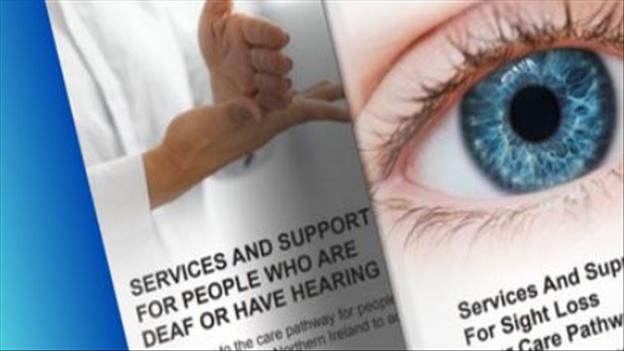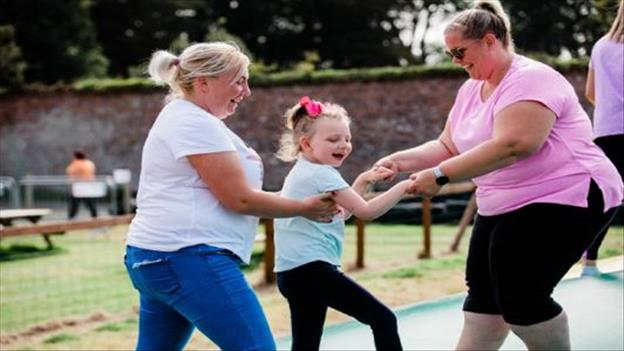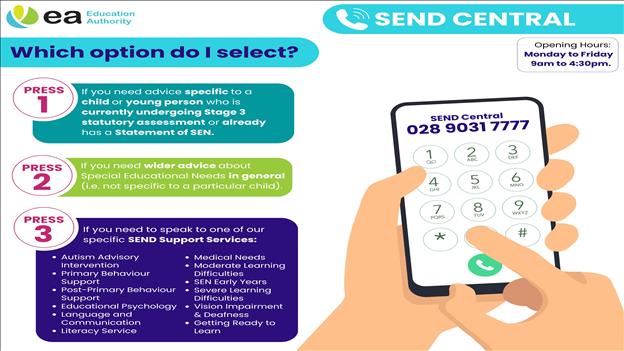Special Educational Needs - Education Authority
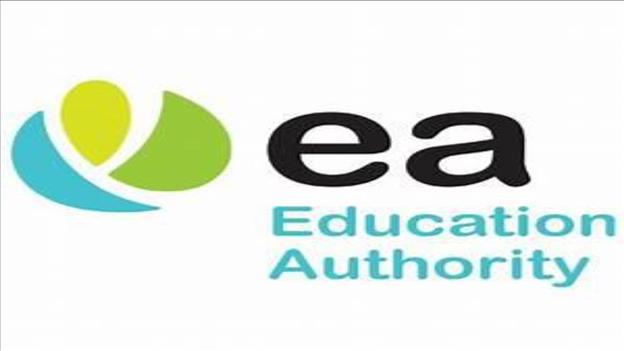
Contact Information
- Address
- 40 Academy Street, Belfast, Co Antrim, BT1 2NQ
- Contact Person
- Telephone Number
- 028 9598 5960
- Email Address
- Web Address
- Visit Website
- Visit Facebook page
Additional Information
Children do not all learn at the same rate or pace. Some children and young people need extra help at school because they find it harder to learn than other people of their age or because they have a disability that makes it more difficult for them to learn.
The following information relates to children of school age. Click here for information on the process for pre-school children.
SEN - What does it mean ?
In the 1996 Education Order, a child is described as having special educational needs (SEN) if they have a significantly greater difficulty in learning than other children which calls for special educational provision to be made for them, that is additional to or otherwise different from that which children of a similar age receive in an ordinary school.
A child also has SEN if they have a disability that calls for special educational provision to be made for them.
If your child’s school thinks that your child needs special educational provision, they will discuss this with you and they will place your child on the school’s SEN Register.
Only the school can decide if your child should be placed on the SEN Register. Schools have clear processes for identifying and assessing children with special educational needs. Staff will strive to ensure that your child’s needs are fully met whether they have learning difficulties or SEN.
The school will meet regularly with you to discuss your child’s needs and agree targets for their Individual Education Plan (IEP). They will also discuss what you can do to help.
If your child does not make adequate progress on the targets in their IEPs and continues to experience significant difficulties, the school may wish to seek further advice and support from the Education Authority. The school’s Principal and/or Special Educational Needs Coordinator (SENCo) will discuss this with you.
Who should I talk to if I have concerns about my child’s progress?
Your child’s teacher is responsible for meeting the needs of all pupils in their class. Teachers use a wide variety of activities to support pupils’ learning. This can include different teaching styles, differentiation, group work and access to individual support. All schools have the resources to meet the vast majority of learning needs experienced by pupils.
If you are worried about your child's progress, contact the class or form teacher who will arrange a time to meet with you. The teacher will explain how your child is getting on in school and, if needed, will address any concerns you may have. The teacher will also advise on how you can help your child at home.
The school will make time to listen to concerns and can offer advice and support if needed.
Children do not all learn at the same rate or pace. Some may have difficulties with aspects of their learning from time to time but most children with learning difficulties do not have special educational needs.
More information is available on the Education Authority website
SEN Contact Details
If you have any queries in relation to special educational needs, you can contact the Special Educational Needs Helpdesk on 028 9598 5960.
From here you can:
- Request help with the online request form for statutory assessment.
- Request general advice about Special Educational Needs from the SEN Advice & Information Service.
- Speak to the Statutory Assessment & Review Service with a specific query about your child.
The helpdesk is open Monday to Friday, 9am to 5pm.
More information is available on our Pupil Support Services
and Education Authority Website
SEN Inclusion Service
The EA SEN Inclusion Service supports the effective inclusion of children and young people with learning and medical needs including
- Moderate Learning Difficulties
- Down Syndrome
- Medical Needs
- Severe Learning Difficulties
See resources and information on Education Authority Website here
- Available to Age Groups
- 5-11 years
- Category of Services
-
- Disability - Learning Disability, Autism, ADHD
- Disability - Physical & Sensory
- Educational Support
- Areas covered
-
- All of N Ireland
- Method of Access (Referral)
-
- School
- Self

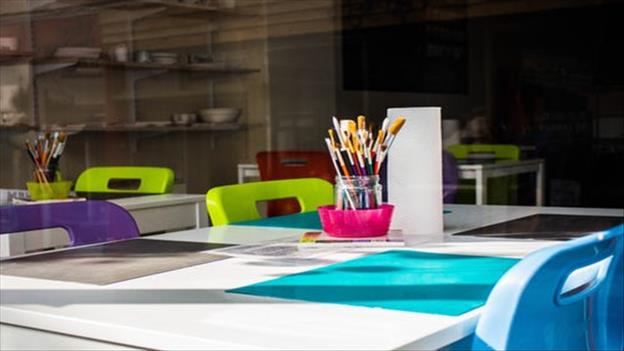
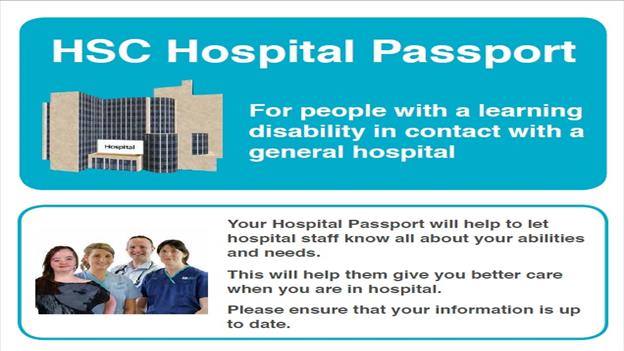
.png)
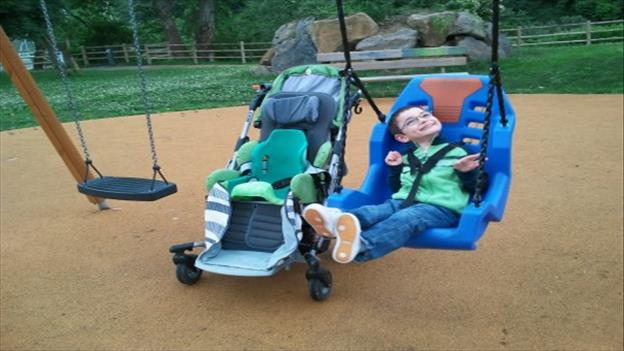
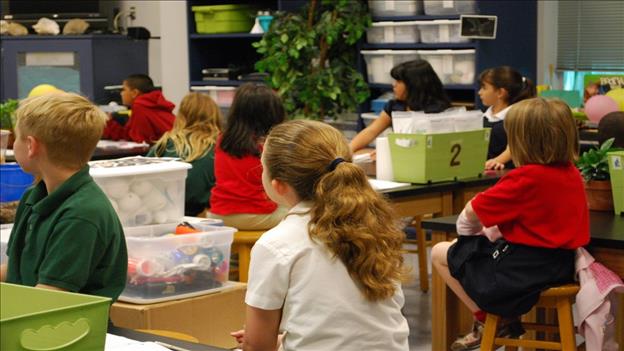
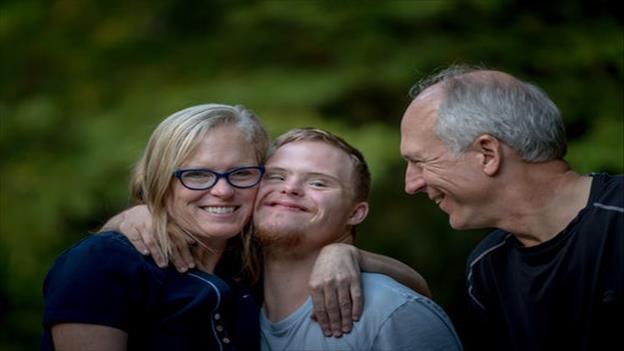
.png)
